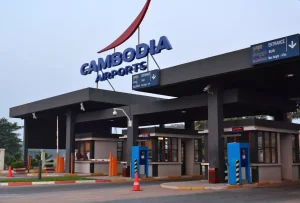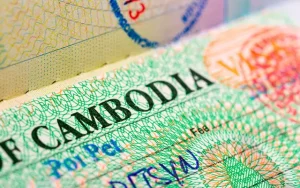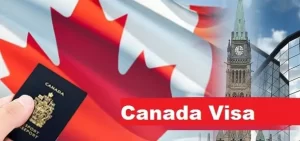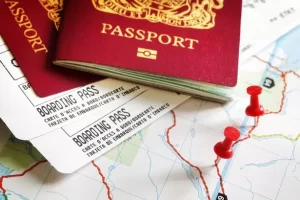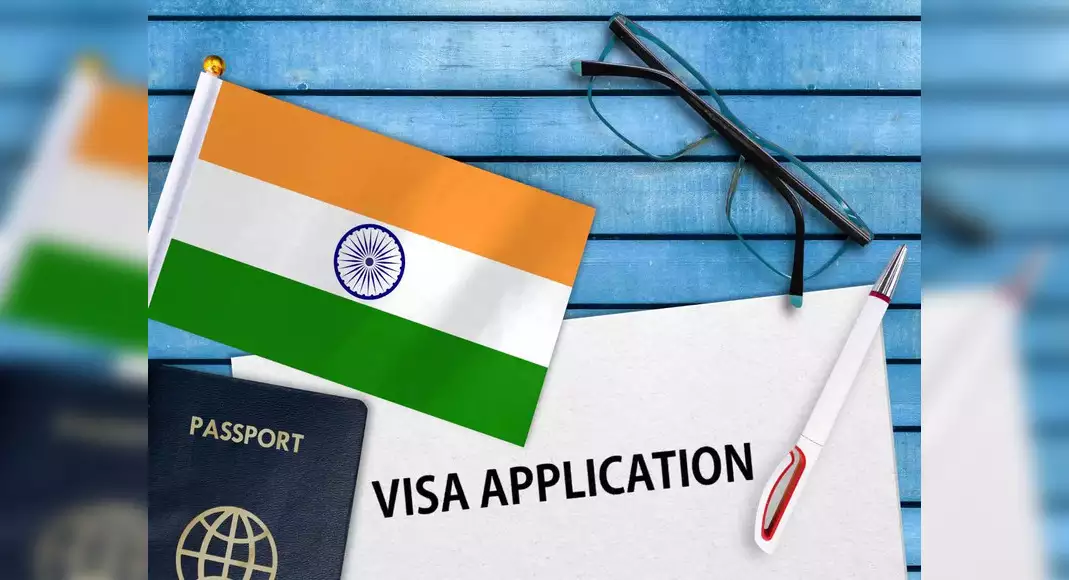
Are you a US citizen looking to visit India? Do you need a visa for medical treatment in India? Look no further! In this article, we will provide you with all the information you need to apply for an Indian visa as a US citizen. We’ll also go over the benefits of getting an Indian Medical Visa so that you can make the most of your trip.
US citizen requirements for an Indian visa
All US citizens need a visa to enter India, regardless of the purpose of their trip. There are several types of visas available, and the requirements for each vary. INDIAN VISA FOR US CITIZENS
The most common type of visa for India is the tourist visa, which allows travelers to stay in the country for up to 60 days. To apply for a tourist visa, you will need a valid passport, two passport-sized photos, and a completed visa application form. You may also need to provide proof of onward travel, such as an airline ticket or itinerary.
If you are traveling to India for business purposes, you will need to apply for a business visa. The requirements for this type of visa are similar to those for a tourist visa, but you may also need to provide additional documentation such as a letter from your employer or an invitation from an Indian company.
If you are planning on staying in India for longer than 60 days or if you intend to work or study while in the country, you will need to apply for a different type of visa. For more information on these visas and their requirements, please contact the Indian embassy or consulate nearest you.
Importance of a medical visa
A medical visa is required for US citizens seeking to receive medical treatment in India. The Indian government requires that all foreign nationals wishing to receive medical treatment in India obtain a medical visa prior to their arrival. INDIAN MEDICAL VISA
There are a number of reasons why it is important to obtain a medical visa before seeking medical treatment in India. First, the Indian government requires that all foreign nationals wishing to receive medical treatment in India obtain a medical visa prior to their arrival. Second, a medical visa allows US citizens to receive emergency medical care in India if they should fall ill or be injured while traveling. Third, a medical visa ensures that US citizens have the necessary insurance coverage while receiving medical treatment in India. Finally, a medical visa allows US citizens to bring with them any prescription medications they may need while receiving treatment in India.
Requirements for an Indian Medical Visa
If you are a citizen of the United States, you will need to obtain an Indian medical visa in order to receive medical treatment in India. The requirements for an Indian medical visa are as follows:
-You must have a valid passport with at least six months of remaining validity.
-You must have a letter from your doctor or medical facility in the United States stating the reason for your travel and confirming that you are seeking medical treatment in India.
-You must have a letter from the hospital or doctor in India confirming your appointment and outlining the expected duration of your treatment.
-You must have proof of adequate health insurance coverage for your stay in India. Your insurance must cover emergency evacuation and repatriation back to the United States.
-You must submit a completed visa application form, along with two recent passport photographs and the applicable visa fee.
Eligibility for a medical visa
In order to be eligible for an Indian medical visa, applicants must meet the following criteria:
• Be a citizen of the United States
• Hold a valid passport
• Have a confirmed appointment with a registered medical practitioner or hospital in India
• Possess all required vaccinations and travel documents
• Meet the financial requirements for the duration of their stay in India
Required documents for an Indian Medical Visa
The following documents are required for an Indian Medical Visa:
1. A completed application form.
2. A passport-sized photograph.
3. A valid passport.
4. Evidence of medical treatment to be received in India, such as a letter from a doctor or hospital confirming the appointment.
5. Evidence of financial means to cover the cost of medical treatment and travel, such as bank statements or a letter from an employer.
6. A return ticket to the United States or another country for those who are not Indian citizens.
